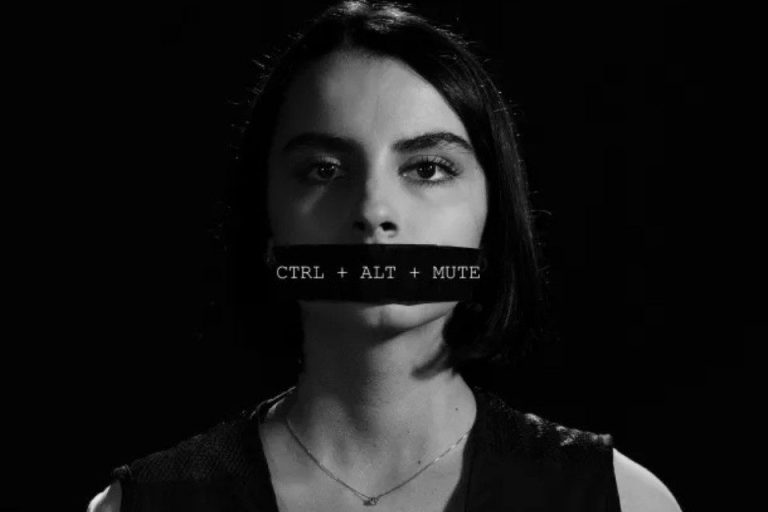The United Nations Educational, Scientific, and Cultural Organisation (UNESCO) has called for immediate action to protect women journalists and secure safer online spaces, after it revealed that nearly 75% of women journalists experience online harassment, and one in four face physical or death threats. UNESCO noted that with the rise of artificial intelligence-powered tools like deepfakes and automated doxxing, these threats are escalating, creating an alarming new frontier of digital violence.
As highlighted in UNESCO’s 2022 study, The Chilling, the issue extends beyond journalism; globally, 58% of young women and girls have experienced harassment on social media, highlighting the widespread and growing scale of online abuse.
When an AI-generated deepfake of a woman journalist spreads online, it attacks far more than her image; it threatens her credibility, safety, and voice. As generative AI becomes more sophisticated, the digital tools used to intimidate and silence women journalists, and women in general, are growing stronger and more pervasive.
In response, UNESCO is spearheading a campaign with major media outlets to spotlight the rising dangers of AI-driven threats. Women journalists increasingly face gendered disinformation, surveillance, deepfakes, and harassment, a pattern of abuse known as Technology-Facilitated Gender-Based Violence (TFGBV). With the rapid expansion of generative AI, this form of violence has surged, designed to silence, humiliate, and discredit women in journalism.
UNESCO’s field research confirms that these trends are happening worldwide. In Zimbabwe, 63% of surveyed women journalists reported experiencing Technology-Facilitated Gender-Based Violence (TFGBV), including hate speech and image-based abuse. Doxxing, the public exposure of private information, is also among the most common forms of online harassment. Alarmingly, these online threats often spill into the physical world, with 14% of women journalists reporting incidents of physical violence linked to digital abuse.
The International Day to End Impunity for Crimes against Journalists (IDEI), observed every November 2, underscores the urgent need to protect journalists and hold perpetrators accountable. IDEI 2025, themed Chat GBV: Raising Awareness on AI-Facilitated Gender-Based Violence Against Women Journalists, aims to confront these growing threats while reinforcing the United Nations Plan of Action on the Safety of Journalists and the Issue of Impunity.
The campaign calls for stronger dialogue, advocacy, and policy action to expose and counter AI-facilitated violence, ensuring safer digital and physical spaces for women journalists.
The 2025 IDEI slogan draws attention to the alarming ease with which AI technologies can be misused to silence women journalists, distorting their words, erasing their presence, and amplifying hate. As AI reshapes the information landscape, safeguarding women journalists is essential for protecting freedom of expression for all. UNESCO invites everyone to raise their voice against AI-driven gender-based violence, watch the campaign, and help share its message.





